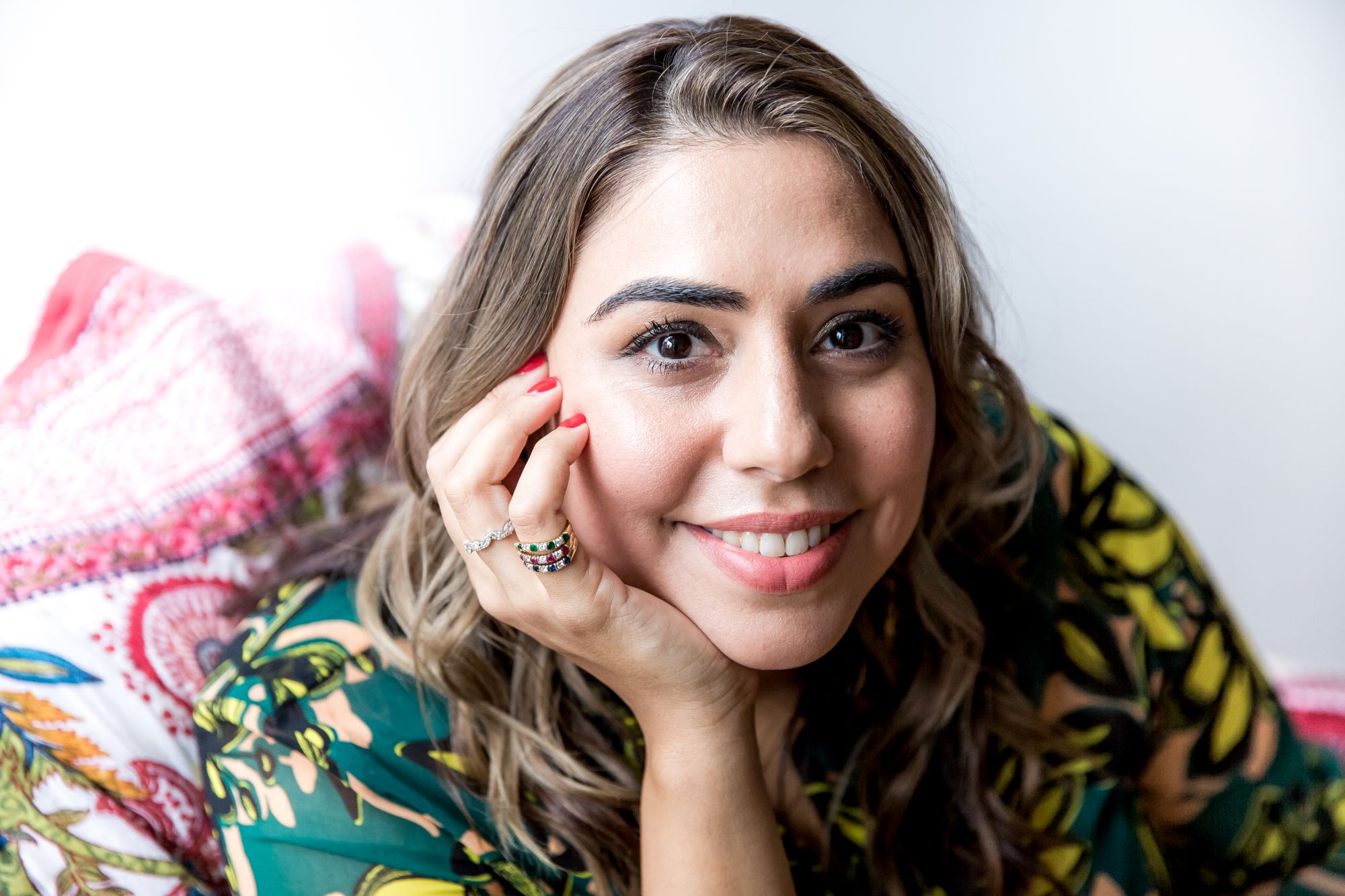It took a serious hormonal imbalance for Sonalie Figueiras to realise that the medical industry regularly dismisses women’s issues. We speak to her about how she got her health back on track and why it led to her launching the biggest sustainability-focused website in Asia
Sonalie Figueiras knew something was wrong with her health, so she asked the medical community for help—but every doctor she spoke to was under the impression she didn’t need it.
Back in 2011, she couldn’t sleep, she was having problems with her digestion and generally felt unwell. Most doctors dismissed her, and it was only when her mental health rapidly deteriorated after a cyst burst on her ovary, releasing an overload of oestrogen into her system, that she was diagnosed with endometriosis and Hashimoto's thyroiditis.
“A lot of the hormonal diseases that affect women have been subject to almost no research and it’s a major imbalance that comes down to sexism,” says Figueiras. “There is a real gender bias in medical research—nearly all research is on white men and as a result all our drugs and healthcare are tailored towards one gender and one race. It’s a mess—and after I spent years being ignored, minimised and belittled, I stopped trusting doctors. I would only go to them for surgery now, not for other types of disease management.”
Consequently, Figueiras, who lives in Hong Kong, became aware of the central role that hormones play in women’s physical and mental health, and how little is done by doctors to alleviate some of the worst symptoms they create. “Hormonal imbalance is so powerful—they affect our daily lives, our sleep, our appetite, our ability to lose weight, everything. When I first realised I had hormonal disorders I realised the only way to fix them was with food. In my heart I’m a researcher, so I went into full Google mode and realised it’s not just what you eat, but it is the products you put on your body too.”

She started a blog, Green Queen, in 2011, where she shared her findings and as the follower count grew, she realised she needed to expand and create a curated website. Her idea—to bring together health and wellness with sustainability—was a novel one, and attracted a wide audience.
Today Green Queen is the largest eco-wellness media house in Asia, publishing over 100 articles a month related to plastic waste, plant-based living, the importance of a low meat life and sustainable beauty products. “All of this has become so much more popular in the last two years: we are very data driven and we know that in 2018, there was a huge shift in terms of people understanding that a plant-based diet was essential for the health of our bodies and the planet.”
While there has been no conclusive research on the subject, Figueiras feels strongly that plastic contributes to hormonal imbalances in women and that all of us are consuming far more plastic than we realise.
“It’s everywhere,” she says. “It is in salt, bread and beer, but most of all it is in seafood. The more you study the fishing industry, the more horrified you become. Nearly 25 percent of the seafood you’re eating has plastic in it and in salmon it’s even higher. Farmed salmon is covered in lice and fed feed it shouldn’t eat, so the fish themselves are really unhealthy. All farmed fish are a danger to wild fish and the entire industry is very polluting, producing toxic by-products that flow into the oceans. Not to mention the human cost given that most people working in fishing in the developing world are treated like slaves. The only fish I’m ok with are anchovies.”

